Collagen is a type of protein. In fact, it’s the most abundant structural protein in animals. A structural protein is one that makes up the structure or framework of your cells and tissues. There are 28 known types of collagen, with type I collagen accounting for 90% of the collagen in the human body. Collagen is composed mainly of the amino acids glycine, proline, and hydroxyproline. These amino acids form three strands, which make up the triple-helix structure characteristic of collagen. Collagen is found in connective tissue, skin, tendons, bones, and cartilage.
Your body naturally produces collagen, and you can consume it through dietary sources such as chicken skin and fish skin as well as collagen supplements. Collagen plays a major role in the health of your skin by providing elasticity and hydration. However, as you age, your body slows its creation of collagen. The result is dry skin and an increase in wrinkles.
Collagen is essential to the health and function of your muscles. As collagen decreases with age, you may experience an increased risk of sarcopenia, which refers to the decrease of muscle mass due to aging and inactivity.
Benefits of Collagen
- Improved Skin Health;
- Reduction of Joint Pain;
- Increased Muscle Mass;
- Improved Heart Health.
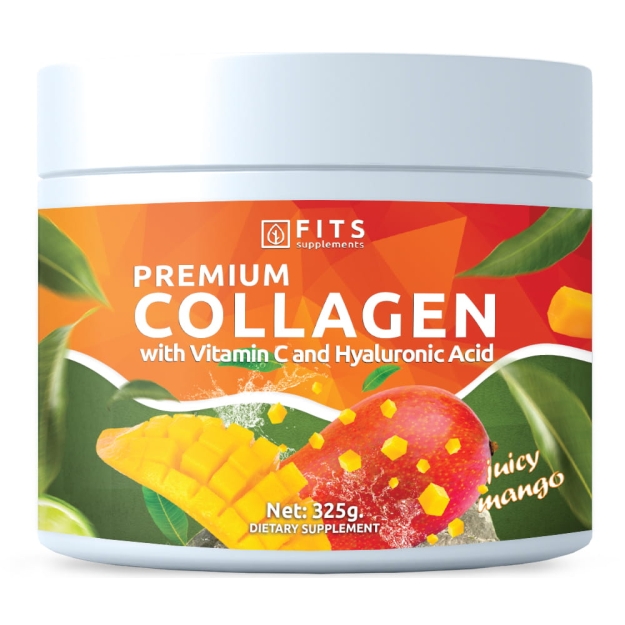
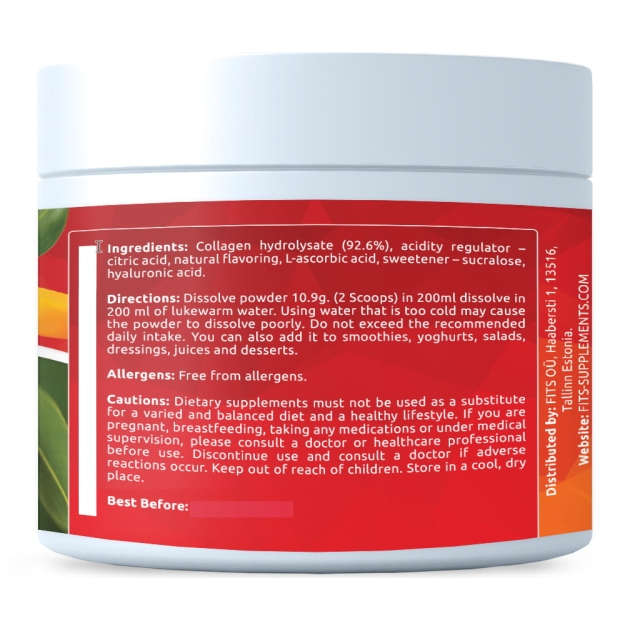

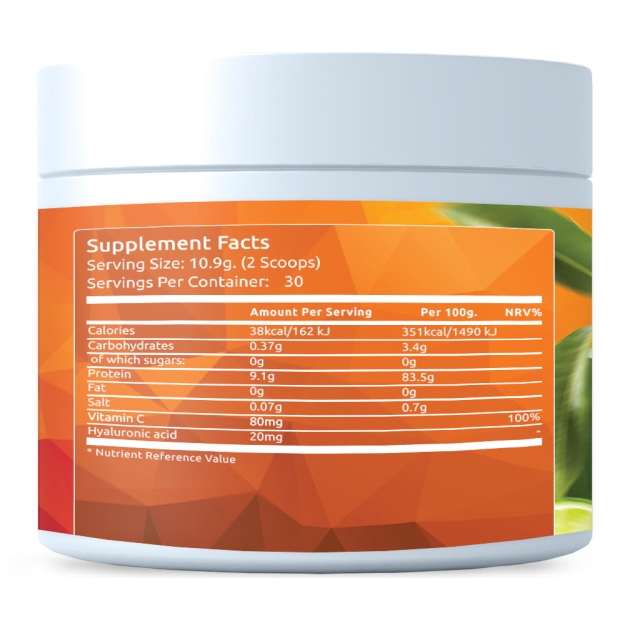

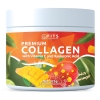
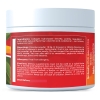

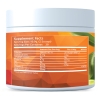




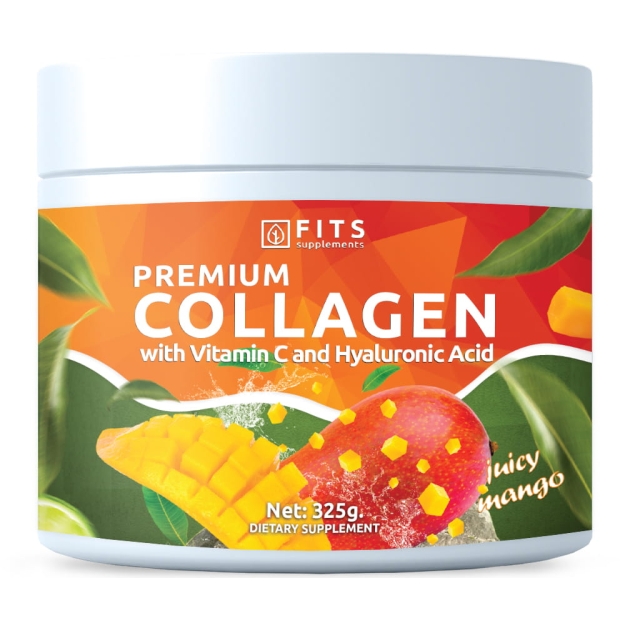



-230x230w.jpg)

-230x230h.jpg)













